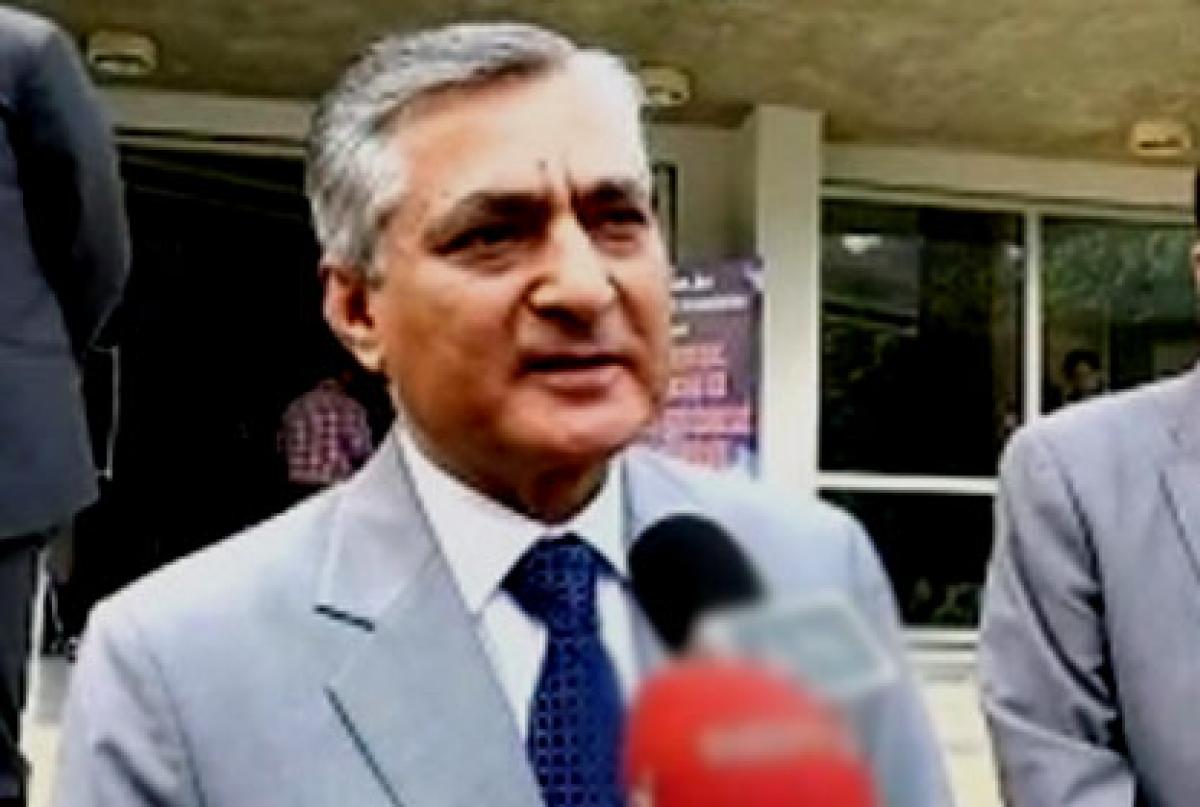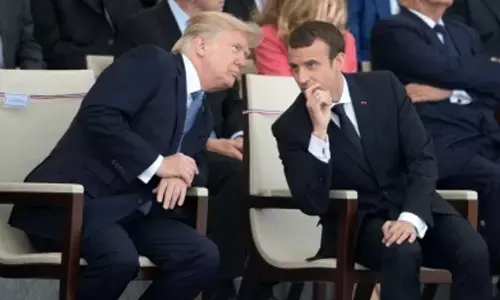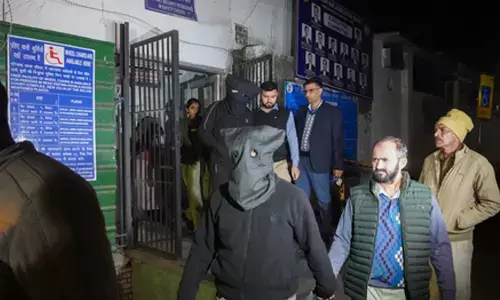Ordinance to make arbitration law more effective in offing: CJI

A new-look arbitration law to give more teeth to the alternative dispute resolution mechanism is in the offing. An ordinance to amend the Arbitration and Conciliation Act, 1996, is expected to be announced soon.
 New Delhi: A new-look arbitration law to give more teeth to the alternative dispute resolution mechanism is in the offing. An ordinance to amend the Arbitration and Conciliation Act, 1996, is expected to be announced soon.
New Delhi: A new-look arbitration law to give more teeth to the alternative dispute resolution mechanism is in the offing. An ordinance to amend the Arbitration and Conciliation Act, 1996, is expected to be announced soon.This was indicated by Mr. Justice T S Thakur, Chief Justice of India, while inaugurating an international conference on 'Arbitration in the Era of Globalisation' organised by Indian Council of Arbitration (ICA), an allied body of FICCI.
Chief Justice Thakur said the biggest challenge for adjudication by arbitration was that the arbitrator is a person of impeccable honesty. In India, arbitration can flourish provided the arbitrators develop a professional approach, where an arbitrator is committed to dispute resolution and sees through the proceedings till the end.
Chief Justice Thakur said that the judiciary also needed to be sensitised with respect to arbitration and show restraint while dealing with arbitration cases.
Acknowledging the suggestion of FICCI President, Dr. Jyotsna Suri, for setting up a separate arbitration bar, Justice Thakur said that this could be deliberated upon.
The chief justice said that with new laws and the growth of the country there had been a spurt in litigation as well. Hence, there was a need to assess and anticipate the impact of every legislation on litigation in the country and provide remedial measures.
Justice Mr. S S Nijjar, former judge of the Supreme Court of India and Member, Governing Body, ICA, said that while the judiciary was encouraging arbitration to lessen the burden of adjudication and solve business disputes, the interference of the courts at every step of arbitration is making the fast-track dispute resolution mechanism time consuming. He added that the stringent conditions being applied to arbitrators were a deterrent for the system.
Mr. N G Khaitan, President, ICA, said that Prime Minster Narendra Modi wants India to become a hub of international arbitration. Hence, there was a need to allow foreign arbitrators to participate in India. India has set a precedent in judiciary amongst the SAARC nations and the same cane be replicated in arbitration with the support of the government and judiciary. He added that there was need to relook at the rules for an arbitrator as the stringent rules are discouraging many to become an arbitrator.
Dr. Jyotsna Suri, President, FICCI, said that arbitration should be made more effective by minimizing court interference in the arbitral awards. The arbitration practice in India could also be made more contemporary, in line with the international standards.
She suggested the creation of a separate arbitration bar, which could be a step in that direction. Dr. Suri added that such an approach is bound to make businesses resort to arbitration as the only mechanism for resolving commercial disputes, making the business environment more stable and certain.
In his concluding address Dr. A Didar Singh, Secretary General, FICCI, said that quick and efficient dispute resolution mechanisms have always been a key to the success and competitiveness of an economy.
He added that speedy and fair dispute resolution is a prime factor in the ease of doing business and arbitration is the most feasible and easy mechanism of dispute resolution.
Next Story









